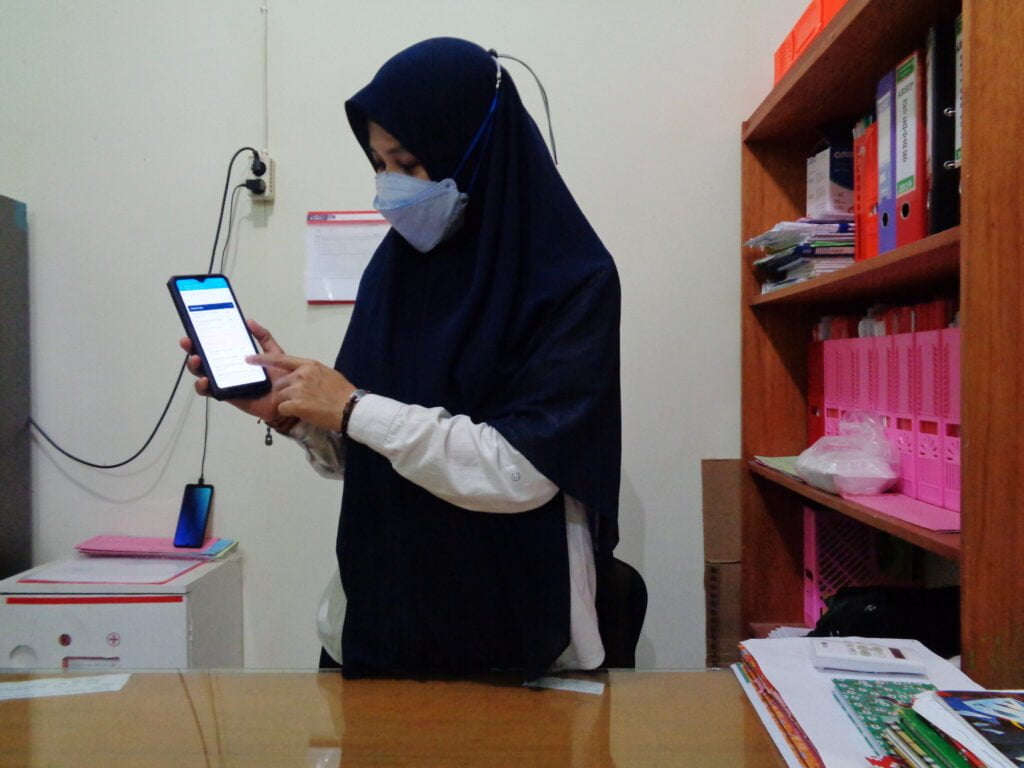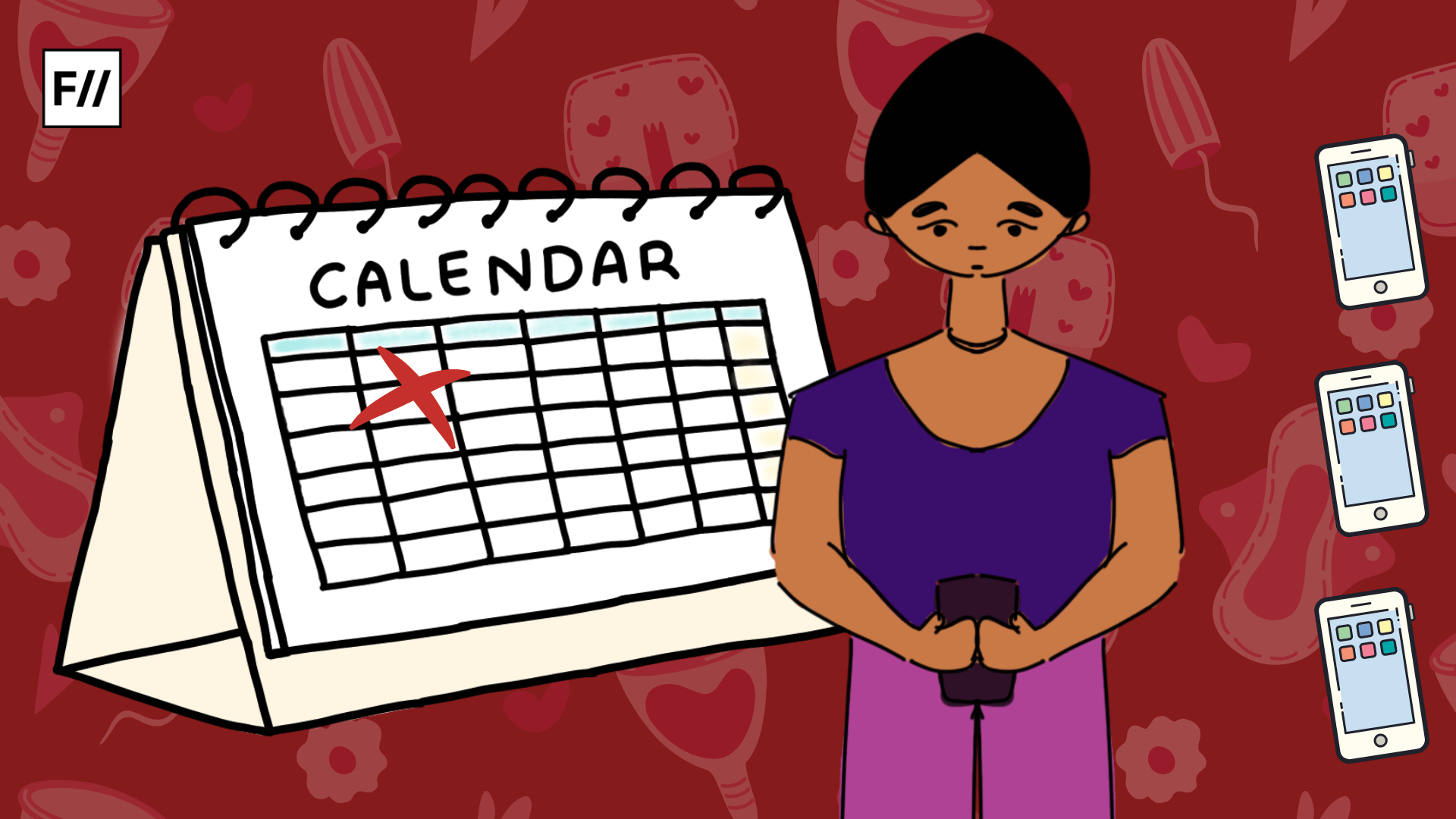Femtech is a term that refers to diagnostic tools, products, services, wearables and softwares that use technology to address women’s health issues, including menstrual health, reproductive health, sexual health, maternal health and menopause.
She is speaking ahead of the Global Women’s Health Innovation Conference which is scheduled for 12 and 13 December in Mumbai, India where she serves on the advisory board. The conference is organized to highlight inequalities in women’s health and to build conversation around women’s health and femtech in India.
Swathi Kulkarni, the Co-founder and CEO of Elda Health says, “Gender inequality in health is a real issue and women’s health is a largely underserved, under -diagnosed and underfunded segment. Despite women being one half of the world’s population, women’s health has not been considered mainstream in healthcare.“

Femtech has massive potential as an enabler in bringing equality across women’s healthcare as Swathi says. Femtech is a term that refers to diagnostic tools, products, services, wearables and softwares that use technology to address women’s health issues, including menstrual health, reproductive health, sexual health, maternal health and menopause. Femtech companies also provide products that encompass general health conditions that affect women more than men or affect them differently than they affect men, such as osteoporosis.
“Two most significant gifts of technology for women are; democratization of health and discretion. femtech allows dignity of privacy, should a woman choose not to involve another person in her health situation and let her receive customised help.”
Swathi Kulkarni, Co-founder and CEO of Elda Health
According to World Health Organisation, gender inequality poses barriers for women and girls to access health information and critical services, including restrictions on mobility, lack of decision-making autonomy, limited access to finances, lower literacy rates and discriminatory attitude of healthcare providers. This inequality is not only limited to information, access and availability, but also present in every foundation of healthcare research.
Gender inequality in healthcare research has long term impact
Traditionally the healthcare research is done on men taking a one-size-fits-all approach to diagnosis and treatment. The reason: Men have historically had far greater representation in clinical studies than women and hence it is not only easier but also accepted that all breakthrough health researches will be done on men.

Women are under diagnosed in at least 700 pathologies according to the book Perspectiva de género en medicina (Gender perspective in medicine), coordinated by the University of Alicante, Professor of Preventive Medicine and Public Health María Teresa Ruiz Cantero, and published by the Dr. Antoni Esteve Foundation.
“The femtech market in India is estimated to be worth 71 Billion dollars by 2026 and the overall digitalization of the health ecosystem will be substantially higher. Next three to five years will see a sharp and accelerated growth in how femtech reaches women in India across regions and become the primary vehicle of healthcare.”
Swathi Kulkarni
Traditionally the two phases of women’s health, puberty and pregnancy, are much celebrated but beyond these, the majority of women have had little or no reliable and easy access to help and tools of healthcare and hygiene.
Technology is shifting the barriers of distance, information and accessibility and helping to make women’s health a mass movement, by placing the power in the hands of women through a mobile device.
“We are already seeing women of all age groups, from teenagers to well into their 60s, using digital devices as their primary channel of seeking help, be it health or commodities. In our work at Elda Health, we witness the technology reaching the doorstep of women from big as well as small cities. Everyday women from different backgrounds and locations call us seeking help and advice and we are able to help them wherever they are. Almost 70% of healthcare and preventive help is definitely made available by femtech and easy access through a mobile phone,” she says.

According to studies the impact of gender discrimination is pronounced in reproductive health issues among women. Citing a cross-sectional survey in India on Population Health* Swathi says: “Gender discrimination in reproductive and sexual health, the social bias is pretty huge and deeply engrained in our system, throughout our upbringing. In a survey conducted in 2021 on 12K adolescent boys and girls, there was a huge gap in them seeking treatment: 2 in 3 boys, but only 1 in 4 girls reached out for treatment.“
The bias and inequality is prevalent at several levels. For example, the treatment for infertility issues is primarily skewed towards the woman getting tested and going through rigorous treatments. Several studies in the field of infertility demonstrate the gendered nature of defining infertility and seeking treatment, most notably the lack of equal blame on both partners for the infertility diagnosis, the reluctance to have a sperm test for men in India.
Technology can enable healthcare equality in India
Swathi explains how femtech and digital health offers choices, privacy and dignity, something that women did not have earlier and also makes healthcare more accessible and affordable.
Five ways femtech enables healthcare equality—
- Better accessibility to seek help on “taboo” health topics – much needed but often ignored – for majority of women
- Affordability and accessibility are obstacles and deterrents in women’s health. FemTech has the potential to successfully address these two challenges. FemTech is capable of democratising health for women and this shift will have a lasting impact for the current generation and the future generations of women in the country.
- Autonomy and discretion offered by technology makes it possible for any woman to seek help without having to worry about family or society pressures.
- Easier and reliable logistics
- Customised solutions
Global Women’s Health Innovation Conference 2022
Schedule: 12th and 13th December 2022 in Mumbai, India.
Conference website: www.gwhic.com. Follow them on Twitter, Facebook, Instagram and LinkedIn.
References:
- Gender Differences in Manifestation of Diseases Lead to Poorer Diagnosis and Treatment in Women
- *Gender inequities in treatment-seeking for sexual and reproductive health amongst adolescents: Findings from a cross-sectional survey in India, SSM – Population Health, Volume 14, 2021, 100777, ISSN 2352-8273, https://doi.org/10.1016/j.ssmph.2021.100777. Sapna Desai, Neelanjana Pandey, Roopal J. Singh, Shikha Bhasin,
- ** Proposition of Belief and Practice Theory for Men Undergoing Infertility Treatment: A Hospital Based Study in Mumbai, India https://www.frontiersin.org/articles/10.3389/fsoc.2020.00043/full#B10
Swathi Kulkarni is the Co-founder and CEO of Elda Health
About the author(s)
Guest Writers are writers who occasionally write on FII.




